Irish aerosol drug delivery firm rises to global Covid-19 need
Given the numbers of people globally who need and will need care to recover from Covid-19 infection, one Irish medical device firm says it may double the number of units it ships this year.
Before the current coronavirus crisis, Aerogen already provided hospitals in more than 75 countries with its world-leading aerosol drug delivery products, benefitting 10 million patients.
Aerogen CEO John Power expects the company could ship 3m or 4m units in 2020, however, up from 2m in 2019. It is also investigating how to address the global ventilator shortage by adapting non-invasive ventilation systems.
Soaring global demand
Aerogen can be a standalone unit or built into ventilators. It not only provides an efficient and effective way to deliver drugs to patients, but its closed-circuit system means the ventilation circuit does not need to be broken for drug delivery. This means there is a lower risk of patients transmitting Covid-19 to healthcare professionals.
The company saw an initial spike in requests earlier this year from China, where it had already been working with local ventilator company Mindray before the current crisis. “Then we started seeing an uptick in business coming through them early in 2020,” said Power.
“Then the wave of demand started coming across the world. In the past few weeks, we started seeing big orders come through from Italy, Germany, Spain and the UK, and demand has skyrocketed from the US in the past week. That really shows the recent change in awareness in America,” said Power.
Fairly balancing distribution
Power and his team are striving to ensure they can meet the sudden and unprecedented growth in demand. “We are a global company and we are balancing demand from across the world.
“We are asking customers and distributors to check at the hospital level if their demand is realistic and represents what they need now or if their order could be phased over a number of weeks. We are trying to proportion out our systems so we can give them to all our distributors and OEM partners.”
Ensuring smooth supply chains
Almost all of Aerogen’s products are manufactured and assembled in Ireland, primarily at M&M Qualtech in Galway and Molex in Shannon who assemble their high volume Solo nebuliser.
Aerogen has been growing sales at a CAGR of 30% per year since 2010 and Power explains that in response to the current outbreak its working together with its key suppliers to now ramp production by 50%+ in an effort to try and meet the unprecedented global demand for Aerogen’s product. Redeploying staff, adding additional shifts and production lines with more capacity to be added over time. Their component suppliers are also being asked to prioritise production to ensure round-the-clock manufacturing can ensue.
Further Covid-19 solutions
While patients with less severe respiratory issues can typically be put on non-invasive ventilators, such as face masks or nasal cannulas, doctors are concerned that using these could contaminate the air with coronavirus. Patients end up being intubated, possibly even when it’s not necessary, placing huge strains on intensive care units. Aerogen is working with hospital and academic partners to adapt non-invasive vents and make them safe for Covid-19 treatment.
This would also ensure that people with other respiratory conditions such as severe asthma or COPD could still access the aerosol drug delivery they have come to rely on, he adds.
About Aerogen
Aerogen has long been recognised globally as a pioneer in high-performance nebulisation and a world leader in aerosol drug delivery through ICU ventilators. John was named the European Entrepreneur of the Year in 2016 and Aerogen has received the Zenith Award, the highest award granted by the American Association of Respiratory Care, six times between 2013 and 2019.
Not only do Aerogen units ensure efficient drug delivery to patients on ventilators, but also their in-line circuit design means they carry a lower risk of Covid-19 transmission from patients to health care professionals than traditional nebulisers. Furthermore, the medication reservoir is isolated from the breathing circuit, minimising nebulisation of contaminated fluids.
Recent UK government guidelines state that when treating respiratory patients a closed suctioning system must be used, and that ventilator circuits should not be broken unless necessary.

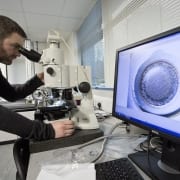

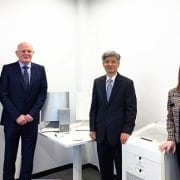
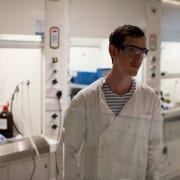

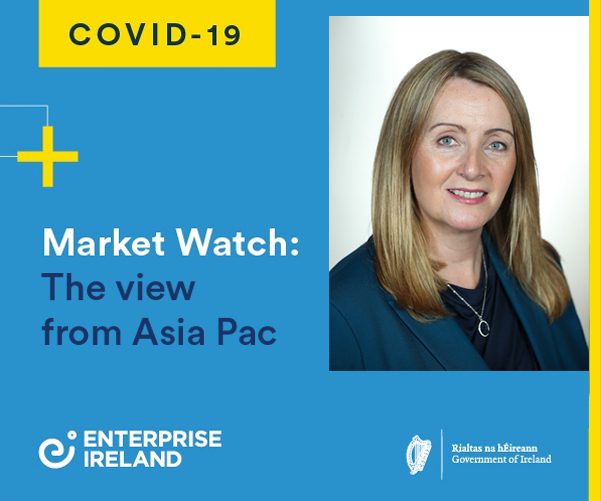







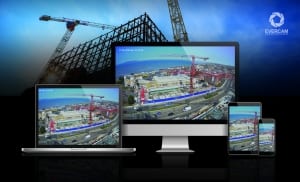

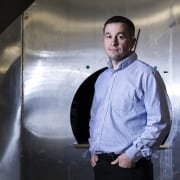
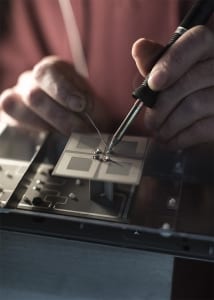
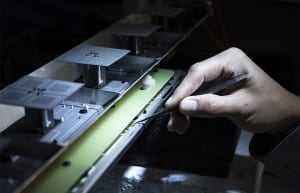

 O’Driscoll spoke about his memories of taking up the captaincy of the national team at the age of 23 and being daunted by his relative youth. He realised he needed help.
O’Driscoll spoke about his memories of taking up the captaincy of the national team at the age of 23 and being daunted by his relative youth. He realised he needed help.
